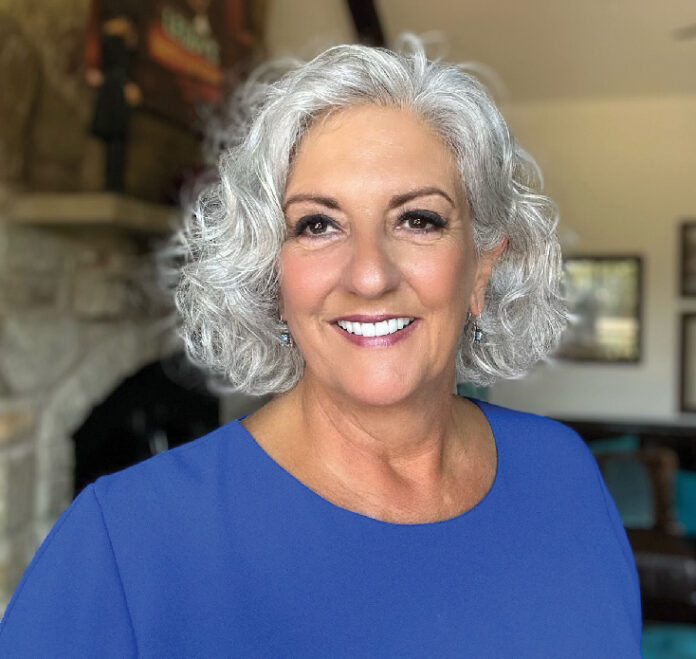
story by
Bobby Anderson RN, Staff Writer
Rhonda Collins, DNP, RN, FAAN, has spent 35 years in the nursing profession, helping innovate change along the way.
But admittedly, there are things in the nursing profession she wondered would ever change.
A decade ago, she was asked to speak at an Ohio nursing association event and found her answer.
“They said they really wanted me to speak on workplace violence. That was my first indication that this conversation was becoming formalized because in the past it was sort of one of those things we all just accepted behind the scenes as this is what happens. It’s your patient so you can’t respond to it, you just have to absorb it,” Collins said.
“If we ever reported that a patient had been aggressive or violent towards us the first question asked was ‘what did you do?’ It just caused nurses to not really want to talk about it.”
Over the last five years, Collins has noticed an uptick not only in the willingness to talk about the problem but organizations wanting to do something about it.
It’s one of the reasons she’s so passionate about her current role as chief nursing officer at Kontakt.io.
As the leader in Inpatient Journey Analytics, Kontakt.io optimizes processes and resources by revealing how patients move through a health system.
Using AI and other technologies, Kontakt.io helps healthcare organizations uncover waste, streamline capacity, improve workflows, and help staff and patients feel seen and valued.
Since 2013, Kontakt.io has provided solutions to more 32,000 end users, through more than 1,200 partners, and deployed more than four million devices in the field.
Collins began her nursing career more than three decades ago in Labor and Delivery, caring for high-risk mothers and their babies where emotions often run high.
After 10 years in direct care for patients, she assumed leadership positions in several hospitals across Texas. She was Vice President for Women and Children’s Services at Baylor University Medical Center in Dallas, Texas when she made the decision to enter the healthcare business industry as a clinical subject matter expert.
Like most nurses, workplace violence is a subject she knows all too well.
“Nurses are speaking out that they don’t feel safe coming to work,” Collins said. “It relates to an increase in job stress, decreased job satisfaction, absenteeism, sleep disorders, fatigue, PTSD, it just goes on and on.
“Working in that strain is something that is not tolerable for long periods of time.”
Seven out of 10 nurses report experiencing violence at work. The American Nurses Association cites that one out of four nurses has experienced an actual event of workplace violence.
So, what do we do about it?
That’s one of the questions Collins’ company is trying to answer, with the help of technology.
Wearable Bluetooth low energy tags are one way. The tags allow for room-level location and real-time movement tracking, allowing security to locate and rapidly respond to an incident.
The adjoining software shows distribution of alert events by location and auto generates event reports while also measuring response times.
“I believe more administrations are paying more attention to it because nurse staffing is such an issue,” she said. “(In the past) there were certain go-to strategies that always paid off. That is not happening anymore, and nurses are demanding a change in environment, a seat at the table, a voice in what happens to them and a complete intolerance for this kind of behavior in the workplace.”
Collins also advocates for health systems taking a more active role in assessing patients for violence as they come into the hospital.
“I do believe in general that we live in an angry society,” Collins said. “It has culminated over the last few years. Covid exacerbated that. Our politics exacerbated that, and people come to the hospital arguably on one of the worst days of their lives.
“I think we are finally addressing it. Let’s assess the patient, let’s put the policies and procedures in place. Then we put in place digital notification solutions where nurses can press a button to summon help immediately, when policies and protocols are not enough.”













